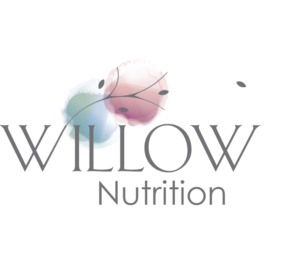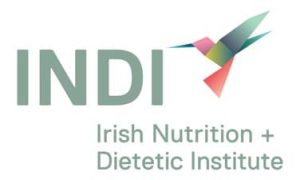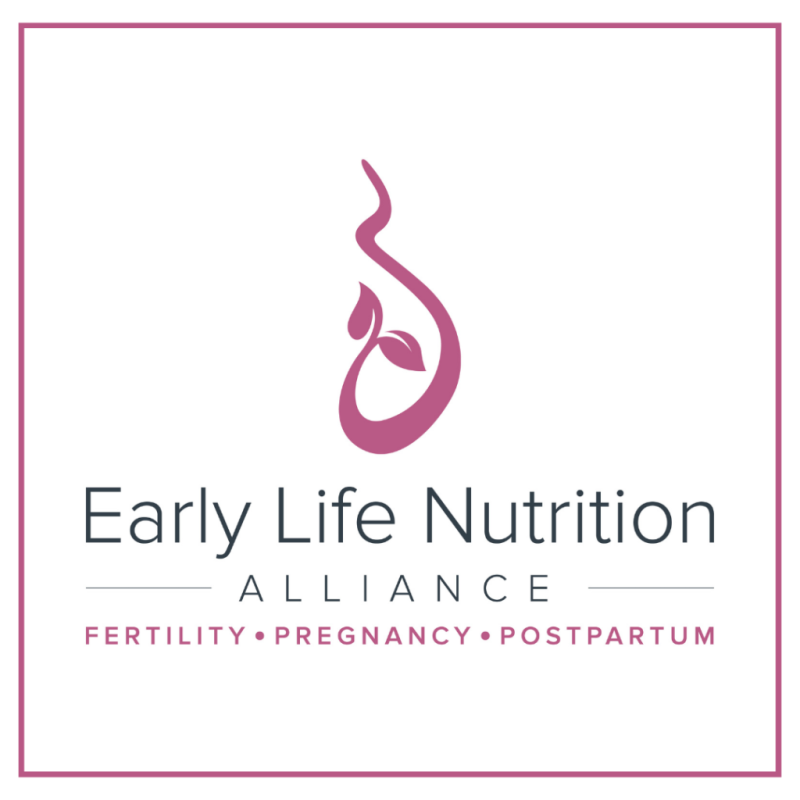PCOS is becoming more commonly known and talked about. But what exactly is it?
Well, PCOS stands for – Polycystic Ovary Syndrome. This is a metabolic and hormonal condition which affects the functioning of the ovaries, as well as many other aspects of your health. This condition can impact your hormones, periods and fertility as well as presenting with some physical symptoms. It affects nearly 10% of people with ovaries of childbearing age. Although PCOS was traditionally difficult to diagnose, with increased awareness of the condition we are finding it being diagnosed earlier and more commonly now. Some of the features associated with the disorder include:
- Ovulatory dysfunction such as irregular periods
- ‘Polycystic ovaries’ – whereby the ovaries become enlarged and there are a number of fluid-filled sacs present on the ovaries which surround the eggs.
- Hyperandrogenemia – excess amounts of male hormones in the body
Symptoms of PCOS typically become apparent in the late teens or early twenties.
Signs and symptoms include:
- Irregular, light or no periods
- Difficulty conceiving
- Excessive hair growth on the chest, face or back
- Weight gain
- Thinning hair or loss of hair
- Oily skin or acne
PCOS can impact many aspects of your health. For example, women with PCOS have a higher risk of developing:
- Type 2 diabetes
- Gestational diabetes (that which presents during pregnancy)
- High blood pressure during pregnancy
- High blood pressure and high cholesterol; which increases the risk of heart disease and stroke
- Sleep apnoea
- Weight gain
On top of these, PCOS can lead to pregnancy complications and may reduce the likelihood of getting pregnant in the first place due to the irregularity of ovulation. It is important to note that not all people with PCOS will struggle to get pregnant at all while some may require dietary and/or medical support to optimise fertility.
Since there is no cure for PCOS, treatment typically revolves around managing symptoms through the use of medication as well as dietary and lifestyle changes.
Our instagram, ‘PCOS series’’ has been highlighting some of the best ways to optimise your diet for PCOS, head over to our instagram to have a look!
Here are some of our top tips on optimising diet for PCOS:
- Fill ½ your plate with plenty of coloured vegetables
- Fill ¼ of your plate with a source of protein and aim for plant based proteins such as beans, pulses, legumes 1-2 days per week
- Fill ¼ of your plate with low glycaemic index, high fibre carbohydrates
- Add in about a thumb size of healthy fats too, opt for unsaturated fats in the form of olives, olive oils, avocados, nuts, seeds as well as some dairy foods for calcium.
- Include oily fish 2-3 times per week for Omega 3 such as salmon, mackerel, sardines, pilchards and white fish 1-2 times per week.
- Eat regularly throughout the day, ensuring that you are eating breakfast, lunch and dinner and nutritious snacks when needed.
- It is important to note that gluten free and dairy free diets are not recommended (or evidence based) to help manage PCOS.
- Optimise fluid intake – aim for a minimum of 2l daily
Don’t forget about sleep, stress management and activity too. Choose a form of movement that you enjoy (resistance training has been shown to help with insulin resistance, which is very common in PCOS) and incorporate this into your week. Along with activity, sleep and stress management go hand in hand. Sleep is so important and something most of us do not prioritise. Take some time to focus on the quality and quantity of your sleep too. Look at your evening routine and make some small changes gradually like bringing your bedtime gradually earlier, limiting screen time before bed, taking up reading, journaling or listening to some soothing music before bed. This will inevitably help with overall energy levels as well as help to manage stress hormones which we often see as being a contributing factor to some PCOS symptoms.
For more information on PCOS head over to our Instagram. Click Here!… @willow_nutrition
If you have any symptoms associated with PCOS, please do visit your GP. And if you need extra support in managing PCOS through an evidence based, non-judgemental and weight inclusive approach then pop us an email to schedule a free discovery call where you can find out how we can help you to do just that!
Written by Lorna Haydon BSc (Hons) & Jess Willow RD, CIEC









